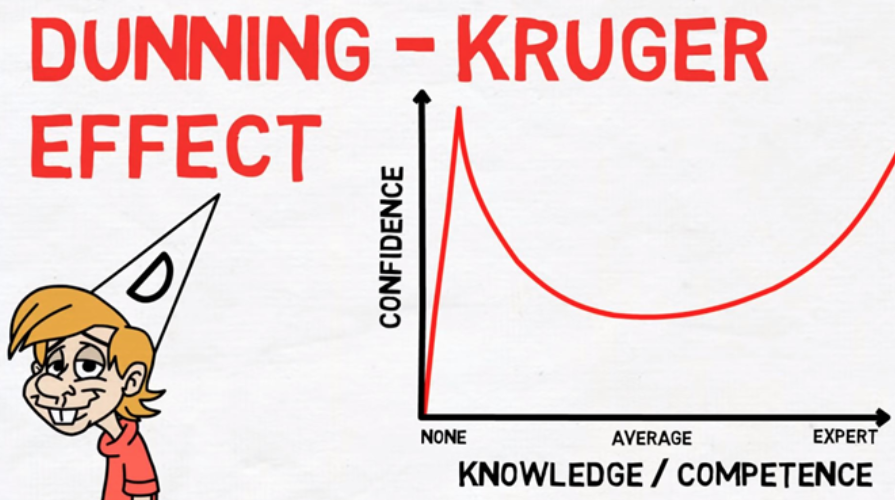
What is Bytecode & Why Should You Learn About It?
Bytecode is a low-level representation of code that’s typically generated by compilers or interpreters and processed by a virtual machine (VM) instead of a CPU or machine. Machines can’t understand bytecode, so instead, a virtual machine needs to process it and translate it into instructions for its hosting CPU. Bytecode is most often used in…










